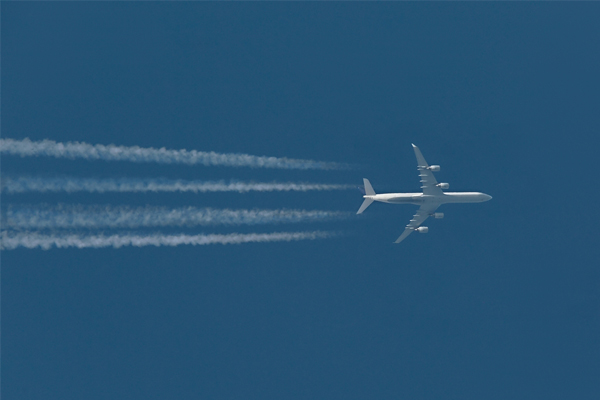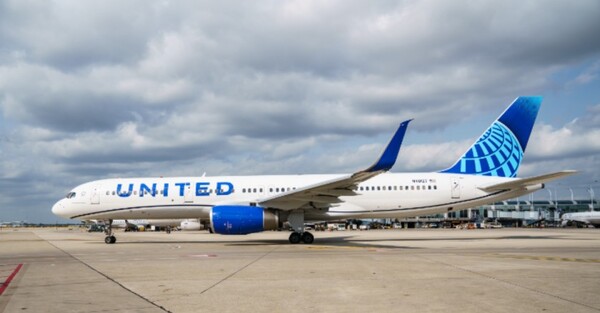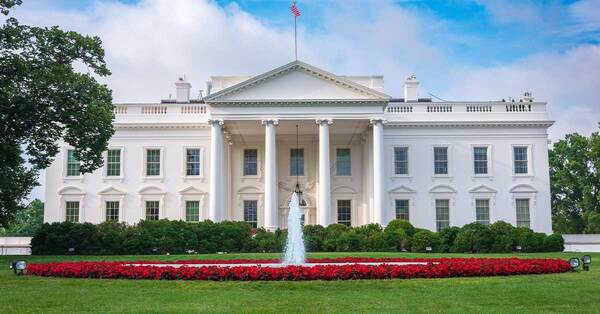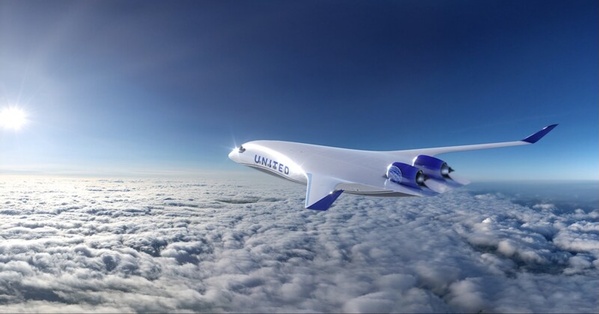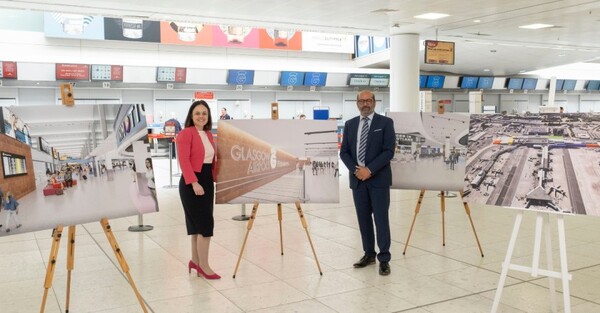You are viewing 1 of your 2 free articles
UK airlines set out four targets to cut carbon emissions
Four targets have been set by UK airlines to help cut carbon emissions.
They are set out in a report published today (Monday) by the trade body representing UK-registered airlines.
The publication by Airlines UK sets out how the industry can meet the UK’s demand for air travel, while ensuring it limits the environmental impact and hits its stringent targets on reducing emissions.
It also calls for government backing on a range of issues.
The report details four areas of work to help achieve the goal of carbon reduction – the continued introduction of new aircraft; greater fuel efficiency; the use of sustainable fuels; and support for international carbon trading and offset schemes.
The report considers each of these four areas in turn, explaining industry activity, progress and initiatives:
• UK airlines have introduced more than 470 aircraft into service with orders placed for another 400. These new aircraft offer at least a 13% improvement in fuel efficiency.
• Airlines, with their industry partners, are also working hard on other ways to create greater fuel efficiency. These initiatives include making aircraft fly more direct routes, with an uninterrupted climb and descent, while also having aircraft taxi on the ground without all their engines running. Filling each aircraft – using the right capacity and utilising complex booking systems to ensure a high load factor of passengers – also contributes to more efficient fuel consumption and lower CO2 emissions.
• Sustainable aviation fuels, developed from waste produced from domestic, commercial and industrial processes, also offer opportunities. The report endorses the conclusions of the Sustainable Aviation ‘Sustainable Fuels Road Map’ and also welcomes recent government consultation on including sustainable aviation fuels in its updated renewable transport fuel policy.
• Once all of the airline initiatives to cut CO2 emissions have been exhausted, some form of carbon offsetting scheme will still be required to meet lower CO2 emission goals. Globally, airlines now have a target to cut CO2 emissions from all journeys by 50% of their 2005 levels, by 2050. To achieve this, governments, industry and civil society have worked with the International Civil Aviation Organisation (ICAO) to develop a carbon offsetting and reduction scheme for international aviation.
The report sets out a number of requests for government backing to help the aviation industry meet its aspirations of carbon reduction.
These are:
• Prioritise and support industry efforts to deliver airspace modernisation.
• Include airspace, as a critical part of the UK national infrastructure which requires long-term strategic decision making, in the remit of the National Infrastructure Commission.
• Deliver legislation for including all sustainable aviation fuel producers in the Renewable Transport Fuel Obligation.
• Provide a clear long-term policy to encourage UK sustainable aviation fuel production.
• Work with the industry to avoid duplication or competitive distortion for UK airlines between global and regional aviation carbon trading and offsetting schemes.
• Start negotiations with other countries to agree how the new carbon offsetting and reduction scheme for international aviation will deliver a halving of global airline net CO2 reductions by 2050.
• Continue to invest and support the UK aerospace industry to deliver affordable, new aircraft technology and grow the number of high value jobs in the UK.
Airlines UK chief executive Tim Alderslade said: “UK airlines have invested in more than 470 new aircraft since 2005, at a cost of over £37 billion, helping the industry to reduce its carbon emissions by 20 million tonnes.
“A further 400 aircraft are on order and are due to enter into service in the coming years.
“Overall we are exceeding the industry target for improving our performance on carbon reduction, with an increase in fuel efficiency of 12% over the past decade.
“Government data shows that in 2015, jet fuel deliveries to UK airports, for UK and non-UK airline operations, were 10% lower than in 2006, despite 20 million more passengers being carried.
“In short, for the first time, growth in UK aviation has been delivered without any increase in CO2 emissions. This report sets out in detail the carbon impact of UK aviation and what the industry is doing to deliver sustainable growth.
“It is clear that airlines are making enormous efforts to reduce their carbon emissions. Further work is needed – some of it requiring government support – but the report demonstrates that the direction of travel is positive.”

